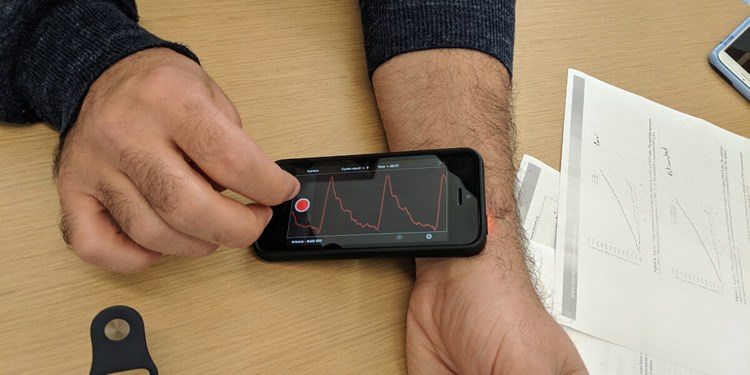Researchers hailing from Duke University, Massachusetts General Hospital and the International Center for Diarrhea Disease Research in Dhaka, Bangladesh have made use of used machine learning algorithms to spot patterns within communities of bacteria which are living in the human gut that no human would ever be able to pick out. These patterns could rather indicate who among the approximately one billion people around the globe at risk of cholera infection who will get sick with the diarrhea disease.
Artificial intelligence may be leading to killer robots but it has the potential to overcome diseases.
Microbes can be important for developing improved vaccines and preventive approaches for cholera as well as other infectious diseases.
The predictive microbiota is indeed as good at predicting who gets ill with cholera as the clinical risk factors that one has known about for decades. One has identified a whole new component of cholera based risk that we did not know about before.
Cholera can also spread rapidly in areas with unsafe drinking water and inadequate sanitation, causing millions of cases of acute watery diarrhea every year. Despite its effective global impact, scientists are yet to completely understand why some of the people who come into contact with the cholera bacterium do tend to become sick while others do not. Some studies have indicated a few risk factors, such as age, blood type as well as previous infections, but these only explain partially the differences in clinical outcomes after the exposure to the pathogen.
Efforts have been on to see collectively whether gut microbiota might also play an important role in cholera risk.
 Machines indeed have the required ability to look at a hundred species at a given time, and amalgamate them into one particular signal.
Machines indeed have the required ability to look at a hundred species at a given time, and amalgamate them into one particular signal.
Artificial intelligence can predict illness even better than models previously built by infectious disease based experts. The model also does suggest hypotheses that might indeed explain why the patterns identified by the computer are associated with the disease. For example, when the researchers did pick up a bacterial species identified by their model and had studied it in the laboratory, they did find that the bacteria does promote the growth of cholera in the test tubes. Their findings do indicate that the composition of the gut microbiota can indeed create an environment that is more or less quite hospitable to pathogens.
Scientists have indeed felt that gut bacteria does affect a person’s susceptibility to diarrhea diseases, but on the other hand study also does show that this in a real-world setting.
Detecting illnesses are very essential for a healthy lifestyle and AI is very useful in this respect. Cholera needs to be identified as it can be treated properly. Any disease if recognized much earlier enables the treatment progress to go ahead well.
Artificial Intelligence has become very popular of late and scientists are also appreciating its value in the medical field. It is worth knowing more about its applications and how important it is for people to lead healthy lives.




